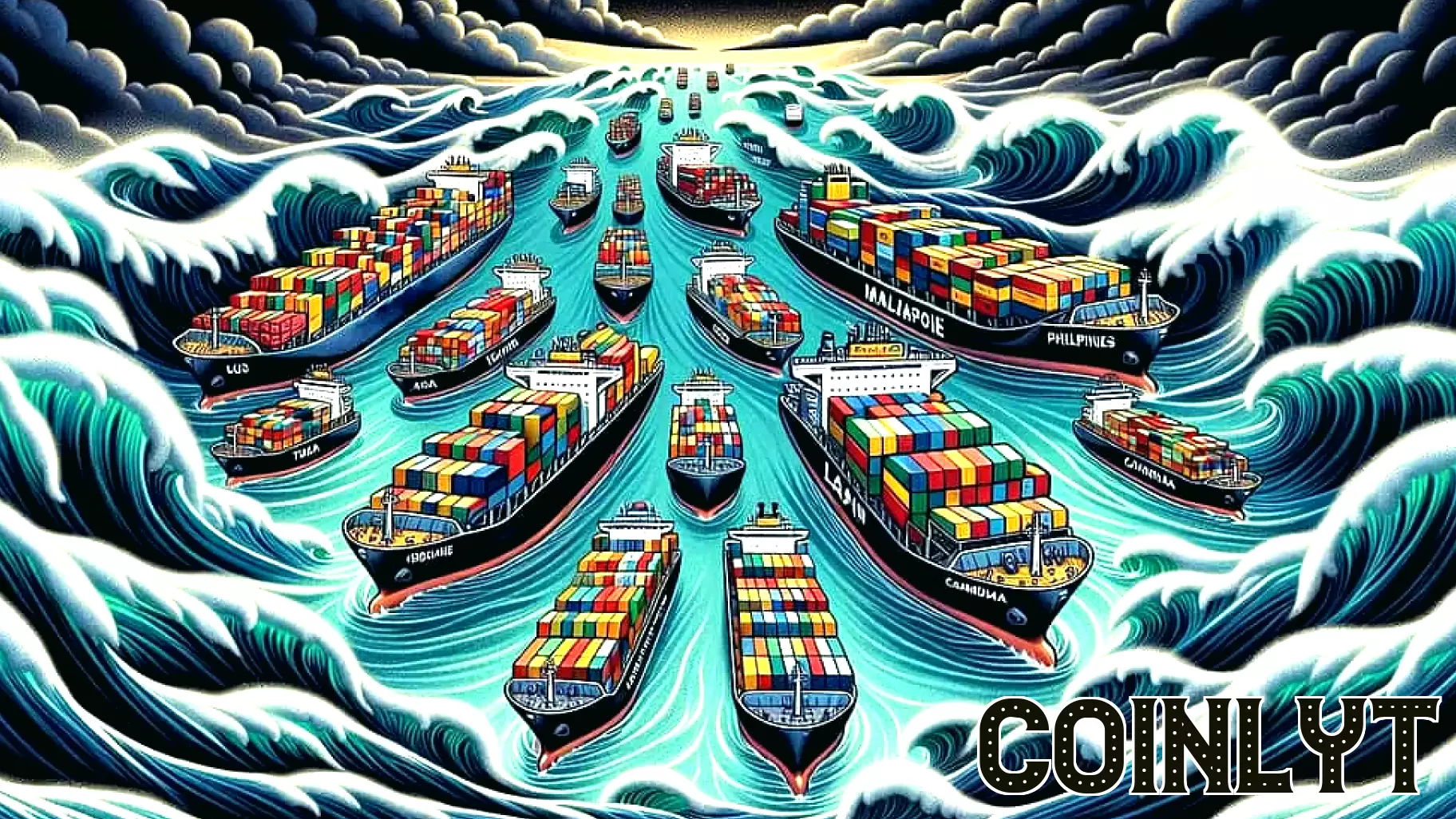March 5, 2025 - 04:58

In recent months, the landscape of international trade has undergone significant transformations, prompting businesses and governments to adapt to a new order. As nations reassess their trade relationships and strategies, various factors are influencing these changes, including geopolitical tensions, supply chain disruptions, and shifting consumer preferences.
Countries are increasingly prioritizing self-sufficiency and resilience in their supply chains, leading to a rise in regional trade agreements. This shift is evident as nations seek to reduce dependency on single markets and diversify their trade partners. Furthermore, the ongoing impact of technological advancements is reshaping how goods and services are exchanged, with digital trade gaining prominence.
Moreover, environmental considerations are becoming integral to trade negotiations, as countries aim to align their trade policies with sustainability goals. As the global economy continues to evolve, businesses must remain agile and informed about these developments to navigate the complexities of the new trade order effectively. The future of trade will likely be characterized by collaboration, innovation, and a focus on sustainability.



